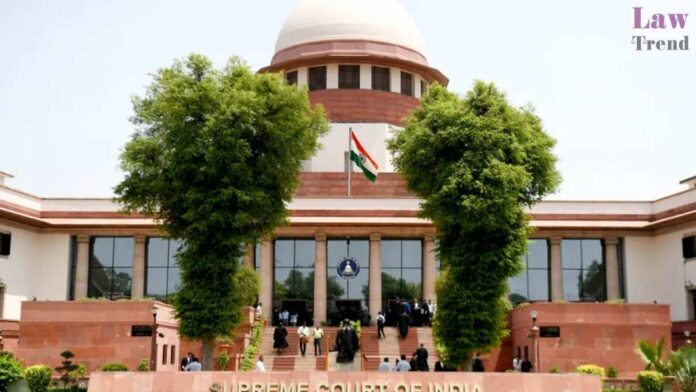The Supreme Court of India, in a judgment delivered by a bench of Justice Surya Kant and Justice Joymalya Bagchi, has ruled that a tendering authority cannot reject a technical bid on the ground that a ‘haisiyat praman patra’ (capacity/solvency certificate) was not issued by a District Magistrate (DM), if the Notice Inviting Tender (NIT)
To Read More Please Subscribe to VIP Membership for Unlimited Access to All the Articles, Download Available Copies of Judgments/Order, Acess to Central/State Bare Acts, Advertisement Free Content, Access to More than 4000 Legal Drafts( Readymade Editable Formats of Suits, Petitions, Writs, Legal Notices, Divorce Petitions, 138 Notices, Bail Applications etc.) in Hindi and English.




